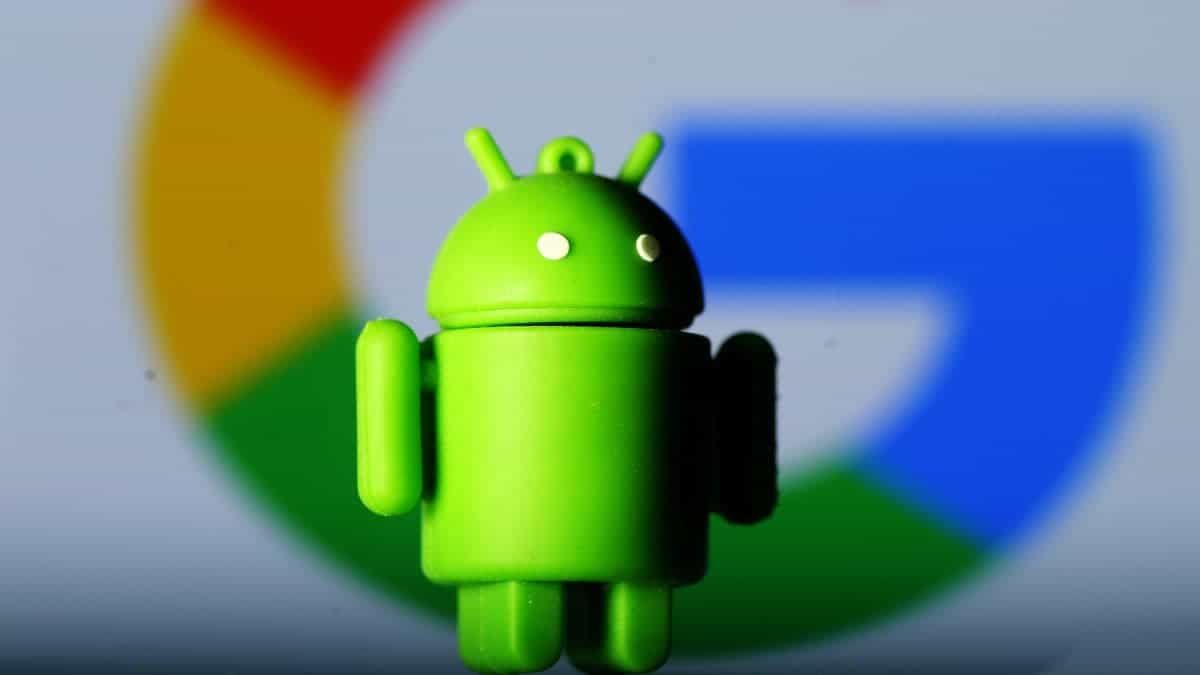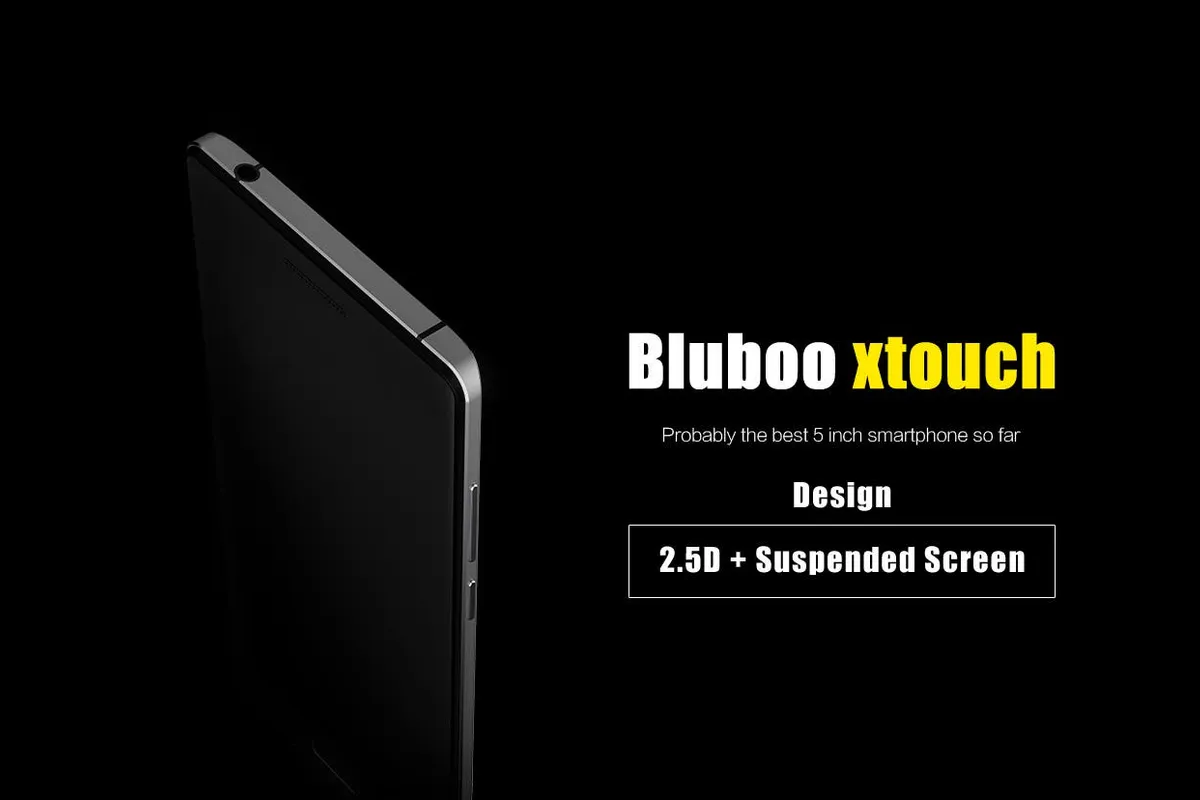A new version of Android that will enable the Californian giant's Pixel devices to upgrade twice as quickly has just been released.
One update would accelerate them all. The operating system updates for our smartphones, which sometimes take a lot of time, are going to change. We will see this firt on the Pixels, who will profit first from this advancement in "over the air" (OTA) technology.
Savings of up to 10 minutes in Android system updates

In a tweet on November 30, expert Mishaal Rahman disclosed this. He said that a fresh round of changes "helps speed up OTA updates for devices that employ A/B virtual partitions with compression". According to the Android Open Source Project, there are two patches that enable batch processing and/or simultaneous processing of data. This new advancement is achieved thanks to the Seamless Update technique.
The changes assisted in lowering the installation duration of a 2.2GB complete OTA from 23 minutes to about 13 minutes on a Pixel 6 Pro. A 376MB incremental OTA took 16 minutes instead of 22 minutes. While the second patch permits the usage of two threads for quicker snapshot compression. The first patch supports batch COW (copy on write) operations in a cluster.
This new version of Android makes use of the A/B partitioning mechanism to function. While the operating system on a second disk is updating in the background. The user is still able to use their smartphone with a functional operating system on one partition. The migration must then be complete seamlessly with just one restart.
This technology was available with Android Nougat 7.0 for the first time . Nevertheless, despite its benefits, not all companies have yet adopted it. While Samsung might do so with its One UI 6 custom user interface. It's likely that other companies will follow suit in the near future. Although nothing has been formally stated, Google does intend to mandate support for A/B virtualization on any new devices that run Android 13.






Place comments
0 Comments
You are currently seeing only the comments you are notified about, if you want to see all comments from this post, click the button below.
Show all comments